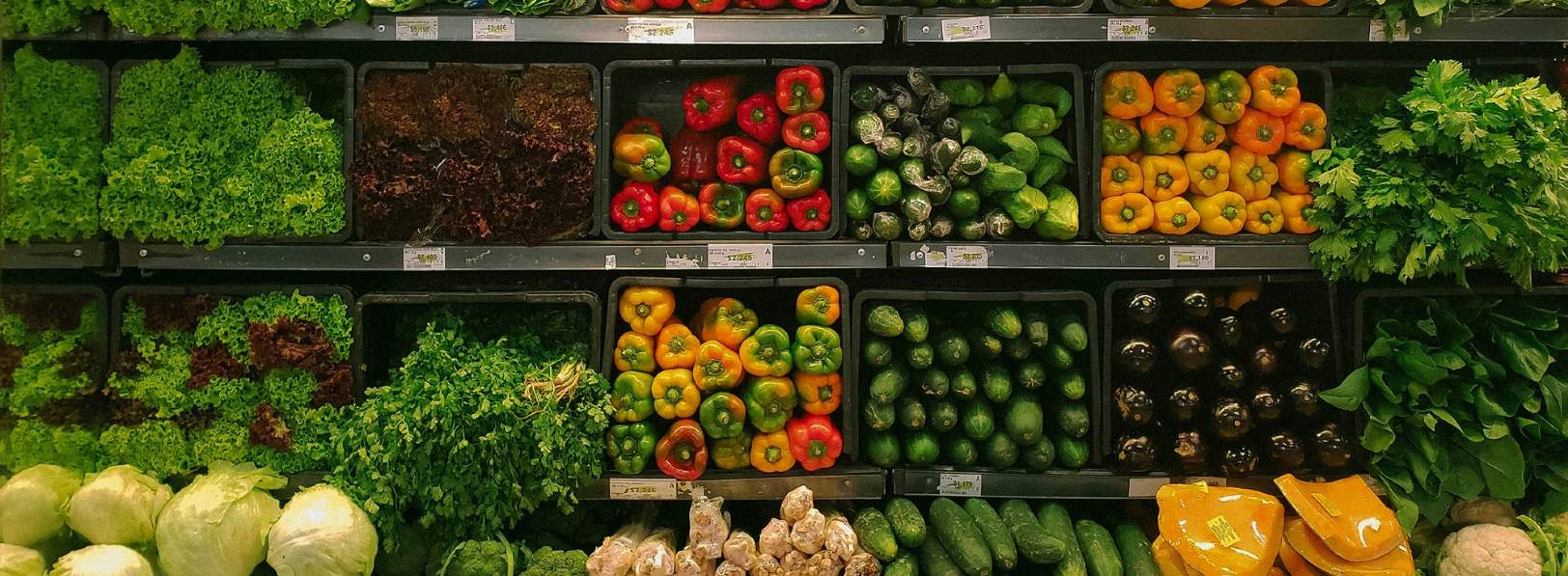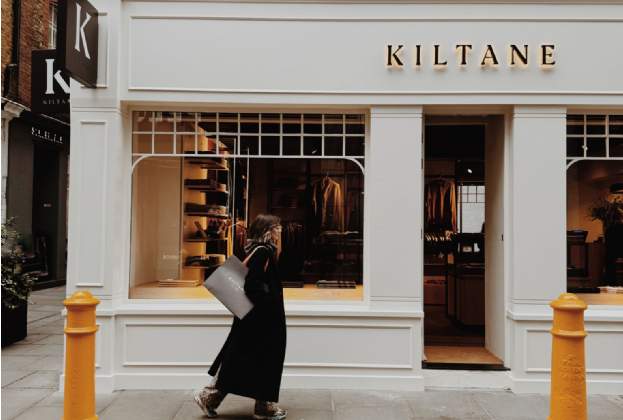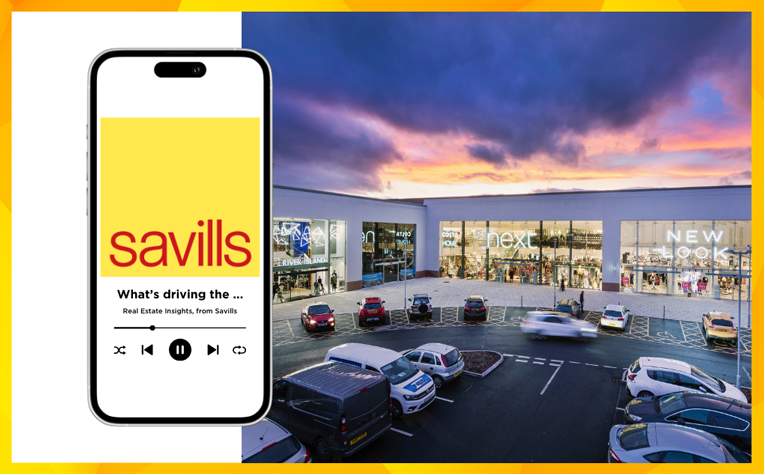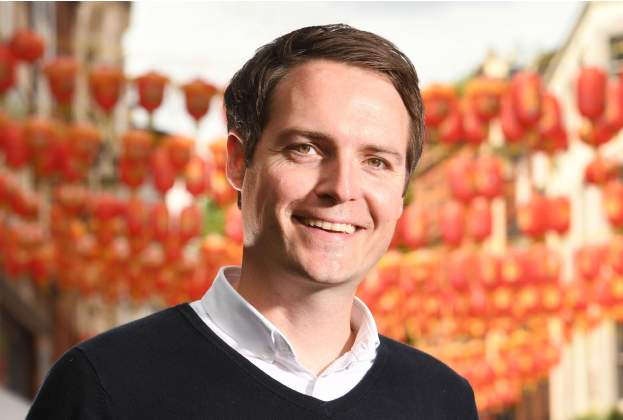Grocery operators are subsequently capitalising on the increasing desire for a retail offering closer to home and rising investment in city-centre ‘express’ stores, in turn strengthening their foothold within local neighbourhoods.
As a result, supermarkets across Europe are gradually gaining market share as operators concentrate on openings in this format.
In France, urban convenience stores continue to grow, with food retailer groups now operating circa 40 brands and 14,000 points of sale. Neighbourhood convenience stores such as Carrefour City, U Express, Franprix, and Casino Shop have experienced a 48% rise in sales. Convenience stores now account for nearly 11% of mass distribution turnover, while hypermarkets have seen declines of between 2.5% and 36.5%.
In Germany, food retailer Rewe is expanding into the convenience market, having recently partnered with specialist Valora as part of a larger strategy with the aim to expand the ‘Rewe-To-Go’ network, as consumer preference for small, local stores intensifies.
In the UK, this trend has been underway for a while, but continues apace. Asda has plans to open 300 convenience stores by the end of 2026 as part of the company’s long-term strategy to become the UK’s second-largest supermarket, aligning its business plan with the evolving consumer desire to shop more frequently and more locally. Sainsbury’s has also repositioned its strategy to drive its convenience business, which grew by 10% year-on-year in 2023, as it plans to open 75 new Sainsbury’s Local convenience stores over the next three years.








.jpg)

